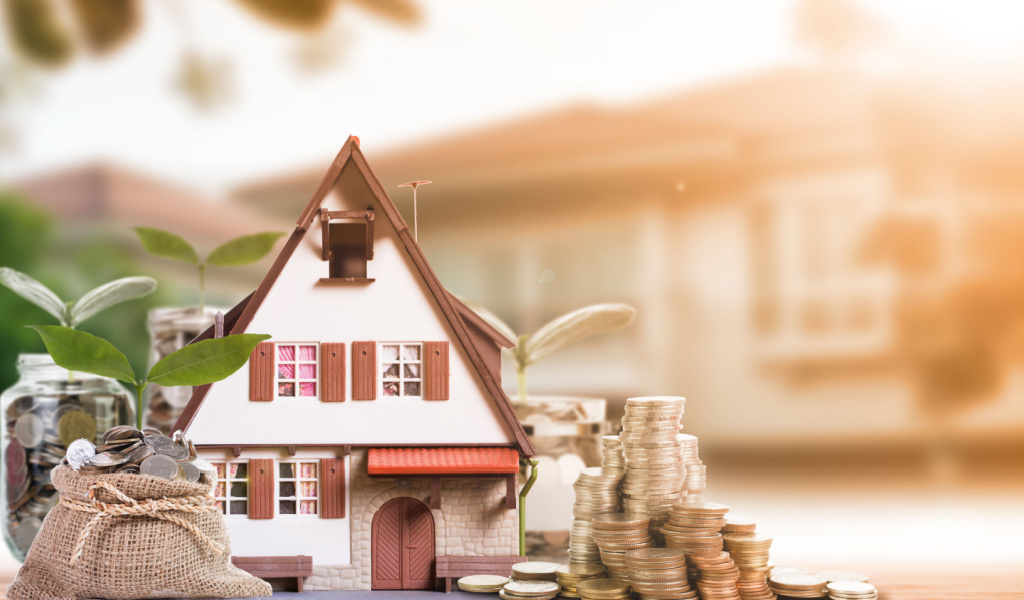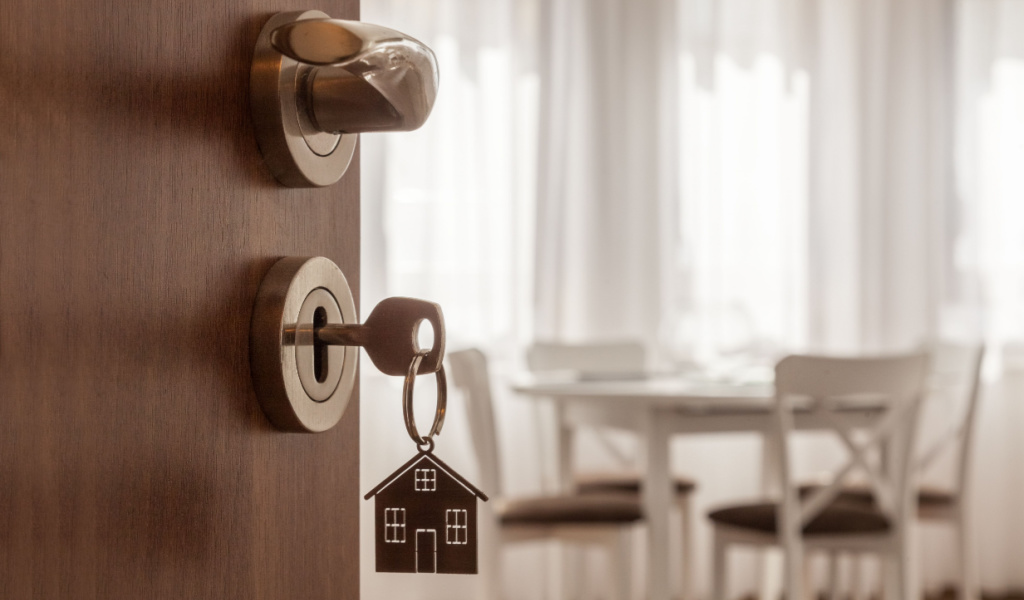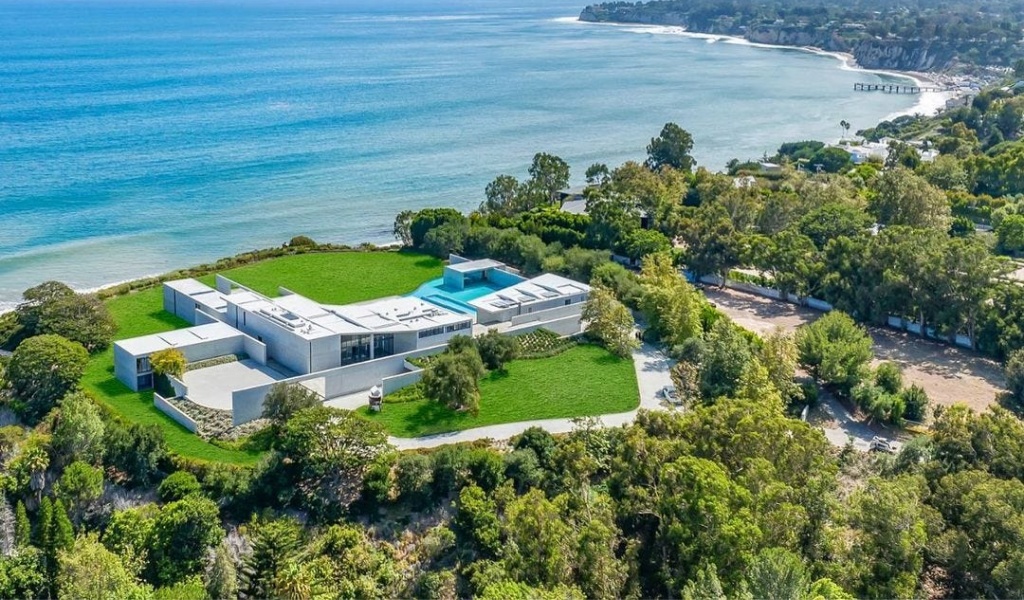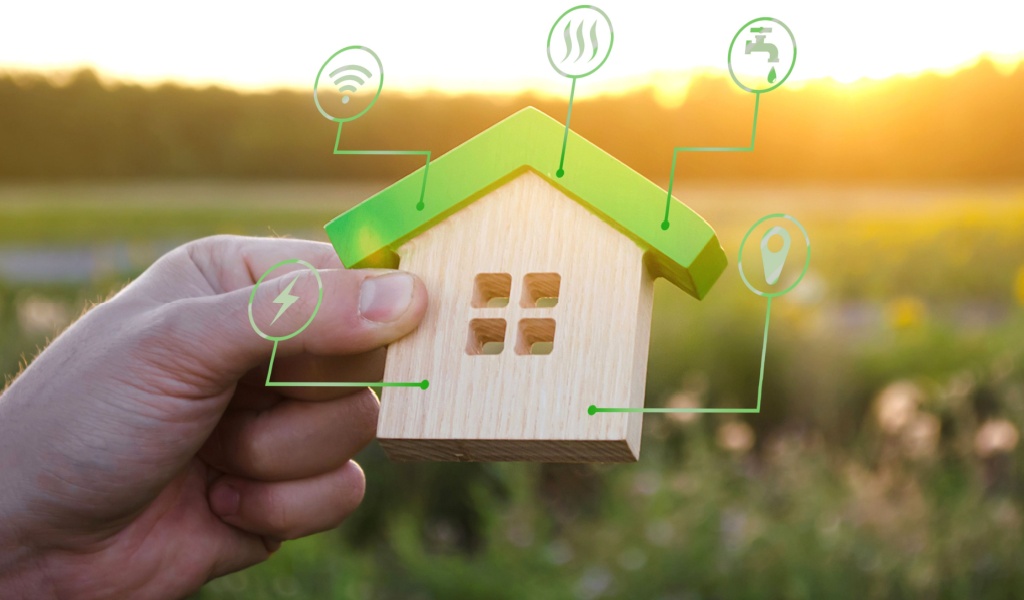Whether you’re looking to buy or sell a home, the first step is to get a valuation done for the property. Everyone knows that things like square footage, the number of bedrooms and bathrooms, and other amenities such as heating and air conditioning, built-in appliances, and backyard space can impact the listing price.
However, several other factors, whether directly linked to your property or not, may drive the price up or down. A realtor will help you evaluate these, but it doesn’t hurt to brush up on your real estate knowledge so you can be a disciplined buyer or seller.

Here are some things that surprisingly affect the value of your home:
Being Located Near a Grocery Store
You may have heard people talk about being near good schools or hospitals, but did you know that a grocery store in the neighborhood can also drive up the value of a residential property? In the past decade, homes near big box chain stores like Whole Foods, Trader Joe’s, and Walmart have appreciated twice as much as similar homes. This is a trend that can be seen all over the world. For instance, across the pond in the UK, homes near the upscale supermarket chain Waitrose were valued at an average of £36,000 — or about $49,000 — more than others.
Greenery
There has always been added value in living somewhere with lots of greenery. Homes in locales with designated green spaces like parks and community gardens can sell for 8-20% more than similar properties on other streets.
On the topic of streets, a house’s price also increases if it is located in one that is lined with trees, according to a Landscape and Urban Planning survey. Having them in your front yard can make an even bigger impact on the value of your home. Besides providing privacy, trees (especially those on the home’s west side) can lower energy bills by up to 12%. The Council of Tree and Landscape Approvers says that planting a tree can cause it to appreciate anywhere between $1000 and $10,000!
Looks Matter
You may have been told that you shouldn’t judge a book by its cover, but the real estate industry greatly judges a house by its looks. This is known as curb appeal, and most people know that a home that looks good from the outside will make a better impression on buyers. Staying “on-trend” and updating your home’s look on what’s in at the moment can also give you a better valuation.
However, certain seemingly inconspicuous factors can impact a property’s value. Zillow, an online real estate marketplace, found that homes with black or charcoal-colored front doors sold for $6,000 more than anticipated. They also found that homes painted in shades of blue or light gray typically sold for $5,440 than similar homes with different paint colors. Properties with “greige” (a combination of grey and beige) also sold for $3,496 more than expected.
Street Name
What’s in a name? It turns out quite a lot! Streets named after trees, presidents, or famous locations tend to fetch higher prices for their inhabitants, but being located on Main Street can drive a property’s price by about 44%!
Even the suffix on your street name can make an impact. “Boulevard” comes in as the top choice, with houses on streets with the suffix going for about $117 per square foot. “Place” comes in next with $110 per square foot, followed by “Drive” going for $96 per square foot, and then “Street” selling for $86 per square foot.

Your Furry Friends
Your dog may be your best friend, but the unfortunate reality is that owning a pet can negatively impact the price of a property. You may have gotten used to your pet’s smell and finding scratches and hair around your home, but these may put potential buyers off. Others may have concerns about air-borne allergens such as pet dander, especially if they have health issues or small children, which can drive demand down.
Death or Crime on the Property
Many states require the buyer to disclose any recent death or crime that occurred on the property during the sale, which may cause the property’s value to depreciate. People may be put off by the thought of living in a place where a crime occurred, especially if it was particularly violent or gruesome. This can be exacerbated if the case received significant media coverage!
Uncoordinated Customizations or Upgrades
It’s natural to want to make a house your own when you move in, but your decoration choices may cause the property’s value to decrease when it comes time to sell. For instance, non-standard customizations, such as high or low countertops, can drive prices down because potential buyers know they will have to shell out more money for renovations.
As for your renovations, it’s best to focus on the overall home instead of allocating your entire budget to one room or area. A decked-out kitchen won’t add much value if your living room is worn out!
Other Factors Affecting a Home’s Value
Apart from what we’ve discussed above, there may be several other factors that cause the value of a residential property to go up or down, such as:
- Increasing the home’s energy efficiency, such as installing solar panels or updating the insulation in the roof and windows, can increase value.
- Smart home technology, such as high-tech security systems, top-of-the-grade kitchen appliances, and easy climate controls, also increases prices.
- Homes in locales with future plans for urban development, such as proposed improvements to public transport, connectivity, or other community infrastructure, can also have added value.
- Other homes in the neighborhood can impact a property’s value based on how well they are maintained.
- Community art is seen as a positive addition of value by most people in the US.
- Homes located within 500 feet of a billboard sell for far less than those farther away and every billboard in the area can drive prices down even further.
- Gas prices can impact the value of homes farther away from main cities as people are willing to spend more on their homes than on their commute.
- In major sports cities, homes within a mile of the team’s stadium or arena were more valuable than comparable homes.
- Properties in areas where marijuana is legal also saw an uptick in valuation.
- Living within a half-mile of a surf break, a naturally occurring obstruction that causes surfable waves to form in the water, can significantly increase the price of a home.
- An additional unit off the main house, sometimes called a mother-in-law suite or carriage house, can add significant value to a residential property.



